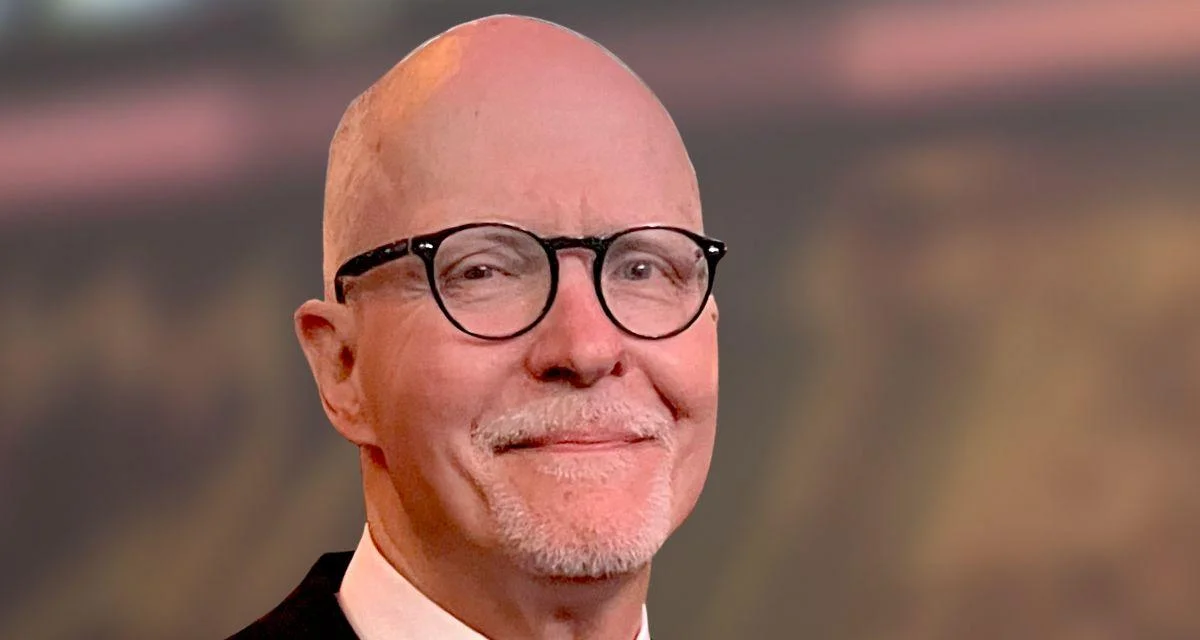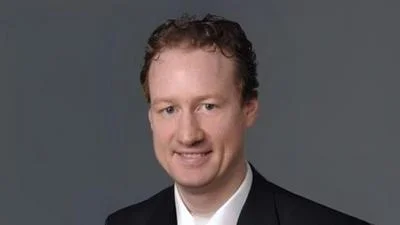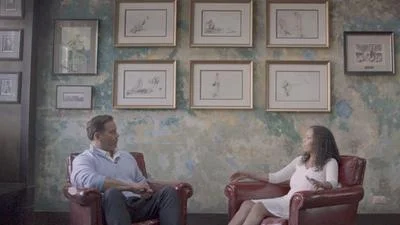Paul G. Vallas, CEO of The McKenzie Foundation and a policy advisor at the Illinois Policy Institute | Official Website
Paul G. Vallas, CEO of The McKenzie Foundation and a policy advisor at the Illinois Policy Institute | Official Website
Poor families in Chicago are seeking equal opportunities to send their children to private schools, a privilege that many affluent families and members of the Chicago Teachers Union (CTU) already enjoy. The Supreme Court's 1954 decision in Brown v. Board of Education affirmed the right to equitable educational opportunity, but this has often been interpreted as exclusive to government-run schools. Private schools have shown success, especially in economically challenged neighborhoods.
Catholic schools have excelled during the COVID-19 pandemic by reopening for in-person learning sooner than public schools, which remained closed for extended periods. This closure had negative academic and social-emotional effects on students.
The contrast between Chicago Hope Academy and Manley High School highlights issues with school choice. Hope Academy sees high college attendance rates among its graduates, while Manley High School struggles with low enrollment and poor academic performance.
The CTU has opposed programs like the Invest in Kids Scholarship Tax Credit Program, affecting low-income families' access to private education. Illinois is now the only state without state support for parents sending their children to private schools after not renewing this program.
School choice opponents argue that funding should focus on improving public schools rather than supporting private school options. However, evidence suggests competition can benefit public schools by encouraging innovation and improvement.
The example of Buenos Aires under Archbishop Jorge Mario Bergoglio shows how Catholic schools can transform educational opportunities through community-focused initiatives.
Chicago could create its own scholarship programs using property tax surpluses or invite parochial and private schools to become "contract schools." Most Chicago parents cannot afford private tuition without scholarships, limiting their options for better education.
Catholic schools continue to demonstrate strong academic outcomes across demographics. Families need immediate solutions rather than waiting for improvements in neighborhood public schools.






 Alerts Sign-up
Alerts Sign-up